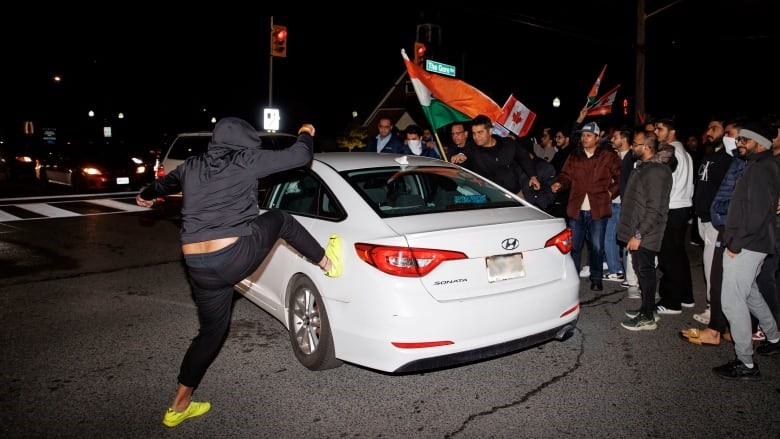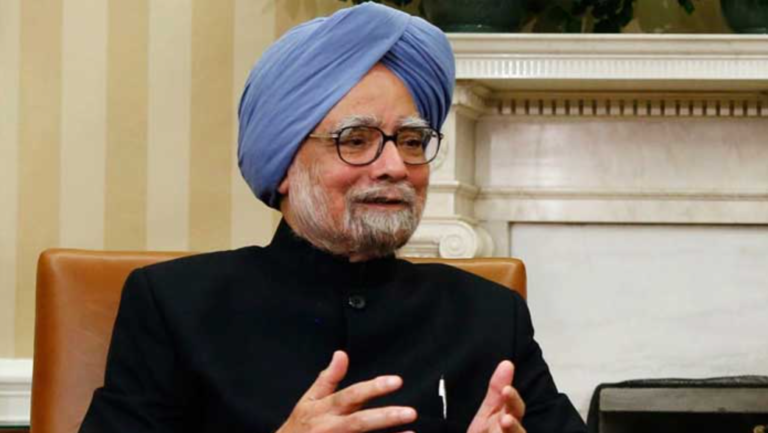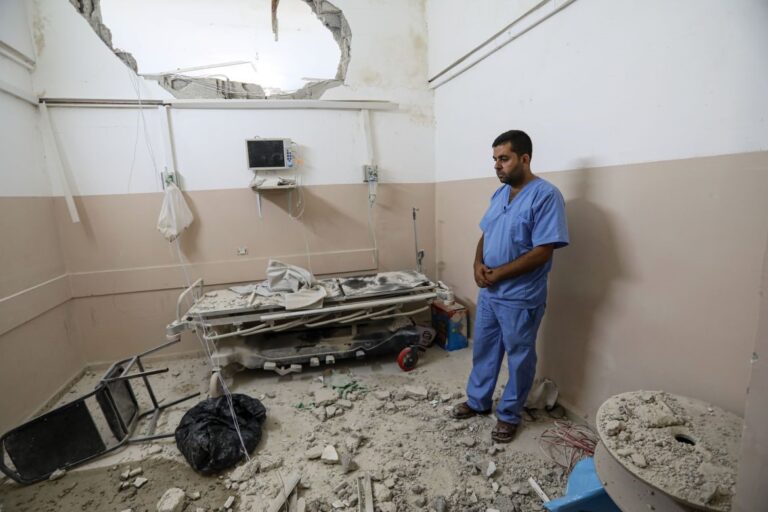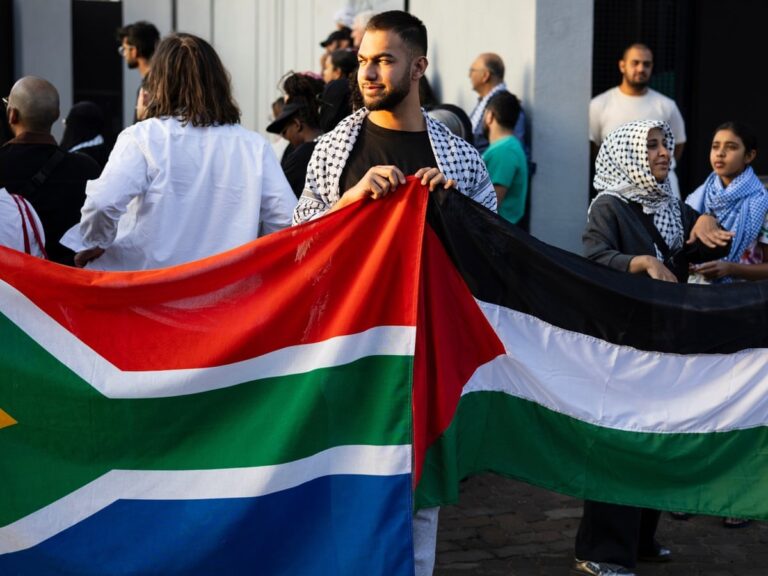On a recent Sunday in Brampton, a city near Toronto, violence erupted outside a Hindu temple during a clash between two religious groups, as per the reports of Leaders Asia sources. Pro-Khalistan Sikhs, protesting the visit of Indian consular officials, confronted members of the Hindu congregation. The situation quickly escalated, with both sides throwing flagpoles and exchanging blows. The violent altercation set off a series of violent incidents across Canada, leading to multiple arrests.
This violence was the latest chapter in an ongoing dispute between Canada and India, which has been brewing for decades but escalated significantly following the assassination of a Sikh separatist on Canadian soil. Canadian Prime Minister Justin Trudeau had previously revealed credible intelligence linking the Indian government to the killing of Hardeep Singh Nijjar, an outspoken supporter of the Khalistan movement, which advocates for an autonomous Sikh homeland in northern India. The Indian government denies involvement and rejects the allegations as unfounded.
According to the sources of Leaders Asia, Nijjar had been labeled a terrorist by the Indian government and accused of orchestrating efforts to radicalize the global Sikh community in support of Khalistan. The movement is banned in India, where it is viewed as a national security threat. Tensions between the two nations intensified last month when Canada accused Indian government agents, including a close aide of Prime Minister Narendra Modi, of orchestrating violent plots against pro-Khalistan Sikhs in Canada, home to one of the largest Sikh populations outside India.
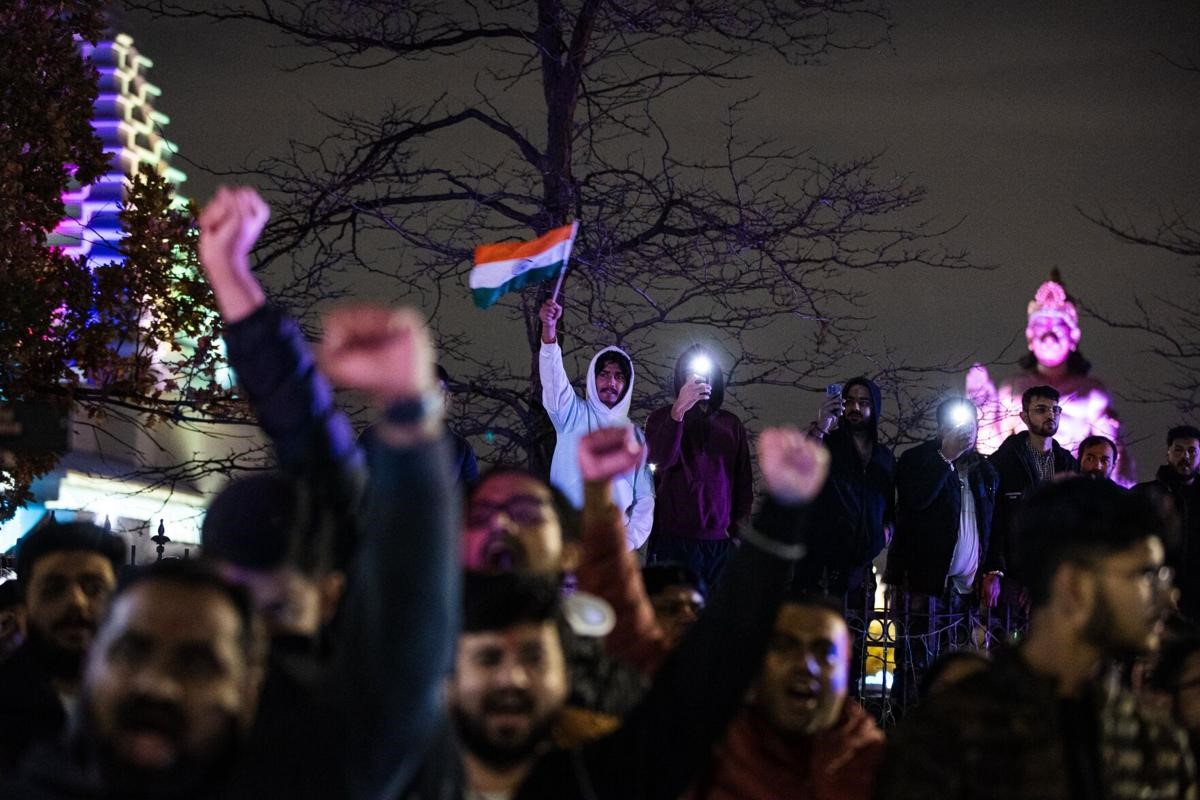
In retaliation, India expelled six Canadian diplomats, further escalating the diplomatic standoff. Canada also accused Amit Shah, India’s home affairs minister, of ordering these violent plots, a claim strongly denied by New Delhi. The intense allegations have caused concern among other countries in the intelligence-sharing “Five Eyes” alliance, including the United States, the United Kingdom, Australia, and New Zealand, all of whom have strengthened ties with India in recent years to counter China’s growing influence.
The US has also accused Indian officials of plotting to kill a Sikh activist and American citizen in New York, although India has denied the allegations and has launched its own investigation. Meanwhile, Canada continues to assert that Sikh Canadians have a right to peaceful protest and that the Khalistan movement, while controversial, does not represent the broader Sikh community in the country.
The roots of the Khalistan issue stretch back to the 1980s and 1990s when violent clashes occurred between the Indian government and Sikhs following the assassination of Prime Minister Indira Gandhi. The crackdown on Sikh militants during this period led many Sikhs to flee to countries like Canada, where the Khalistan movement found a more receptive audience in the diaspora. While India accuses Canada of harboring Sikh extremists, Canada insists it has no tolerance for violent separatism.
This long-standing dispute has been marked by significant events, including the 1985 bombing of Air India Flight 182, which killed 329 people and remains the deadliest act of terrorism in Canadian history. India has long accused Canada of failing to prevent the attack despite warnings from Indian officials, while a Canadian inquiry later cited government failures in preventing the bombing.
Despite the deep divisions, most Canadians do not view the Khalistan movement as a threat, and the country’s stance on Sikh separatism remains a point of contention. Canada believes Sikhs should be free to advocate for their cause peacefully, while India sees the movement as a security threat that must be suppressed.
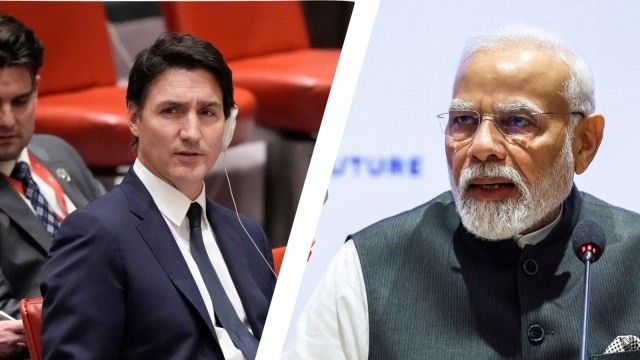
As relations between Canada and India have soured under the leadership of Prime Ministers Modi and Trudeau, diplomatic tensions have only worsened. This was evident during Trudeau’s 2018 visit to India, where his reception was seen as a diplomatic snub, in part due to Canada’s ties with Sikh separatists. Further controversy arose when Canada invited a former Sikh extremist, convicted of attempted murder, to an official dinner with Trudeau during his trip.
In October, Trudeau accused India of supporting criminal activities on Canadian soil, a statement that deeply angered Indian officials. As the two leaders continue to clash, the escalating tensions have strained trade relations and international cooperation. For some, it appears that the rift may be impossible to heal under the current leadership.
The recent violence in Brampton and the ongoing diplomatic fallout have only exacerbated the situation, with both sides increasingly unable to resolve their differences. As Modi and Trudeau continue their war of words, the risk of deeper political and economic consequences looms large.



